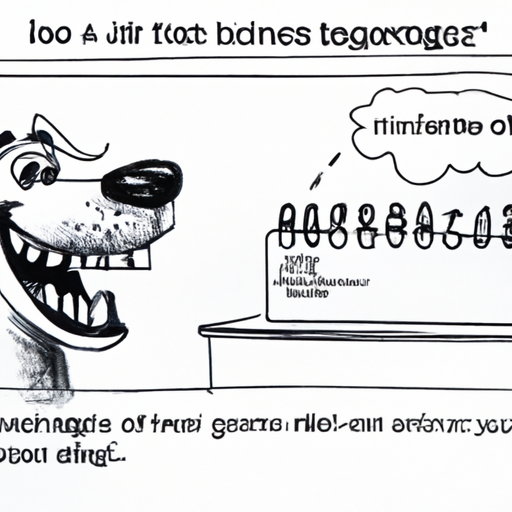Introduction
You’re a devoted caregiver, and you understand that taking care of a loved one, especially a pet, isn’t always easy. It requires knowledge, patience, and a nurturing spirit. Today, we’re delving into the world of our canine friends, to understand the fascinating subject of their dental structure.
Understanding The Basics
You might be surprised to know that dogs have more teeth than us humans. A fully grown dog has 42 teeth in total. Yet, it’s not as simple as that. Let’s break it down a bit:
- Incisors: The small teeth at the front of the mouth, used for nibbling and gnawing. Dogs have 12 in total.
- Canines: The sharp, pointy teeth. Dogs have 4 in total, used for tearing and grasping.
- Premolars: The teeth behind the canines, used for shearing. Dogs have 16 in total.
- Molars: The teeth at the back of the mouth used for grinding food. Dogs have 10 in total.
This might seem a bit overwhelming, but don’t worry, we’ve got a handy table to help you keep track:
| Teeth Type | Number of Teeth |
|---|---|
| Incisors | 12 |
| Canines | 4 |
| Premolars | 16 |
| Molars | 10 |
| Total | 42 |
The Life Cycle of a Dog’s Teeth
Like us, dogs start off with baby teeth, also known as deciduous teeth. Puppies have 28 of these temporary teeth, which start to appear when they’re about 3 to 6 weeks old. By the time your puppy is about 8 months old, those baby teeth fall out and are replaced by the permanent, adult teeth.
The Importance of Dental Health
You know that oral hygiene is crucial for our health, and the same applies to dogs. Dental diseases can lead to serious health issues. Regular brushing, using dog-friendly toothpaste, and routine check-ups with a vet can help keep your dog’s teeth healthy and strong.
How To Help Your Dog Maintain Good Dental Health
As a conscientious caregiver, there are several ways you can support your dog’s dental health:
- Regular brushing: Aim to brush your dog’s teeth daily, or at least several times a week.
- Dental treats and toys: These can help to clean your dog’s teeth and keep their gums healthy.
- Regular vet check-ups: Your vet can spot any potential dental issues early.
Frequently Asked Questions
Q: When do puppies lose their baby teeth?
A: Puppies typically start losing their baby teeth around 4 months old.
Q: How often should I brush my dog’s teeth?
A: Ideally, you should brush your dog’s teeth daily. If that’s not possible, aim for several times a week.
Q: Are dental treats enough to keep my dog’s teeth clean?
A: While dental treats can help, they are not a substitute for brushing and regular vet check-ups.
Q: What should I do if my dog has bad breath?
A: Bad breath can be a sign of dental disease. If your dog has persistent bad breath, you should consult a vet.
You’re not just a pet owner, but a caregiver, a partner in their journey through life. Understanding “how many teeth dogs have” is more than trivia; it’s a part of ensuring their health and happiness.



